-
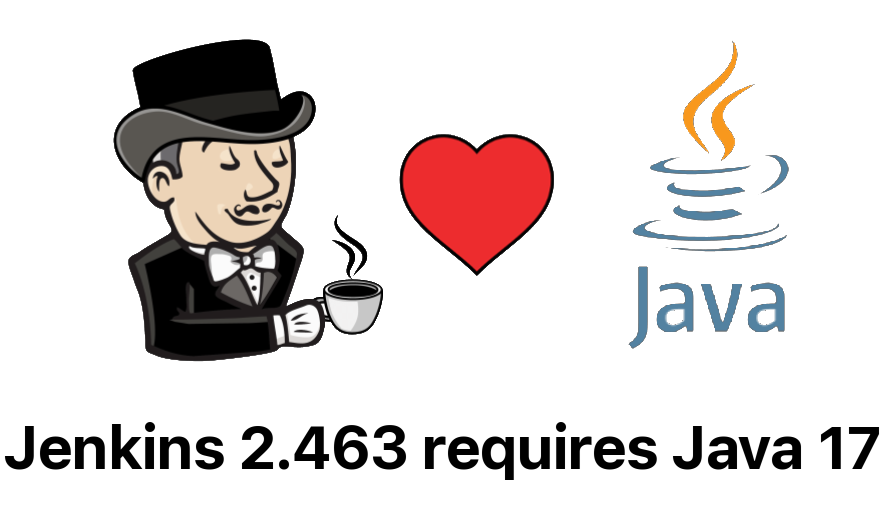
Jenkins requires Java 17 or newer
-
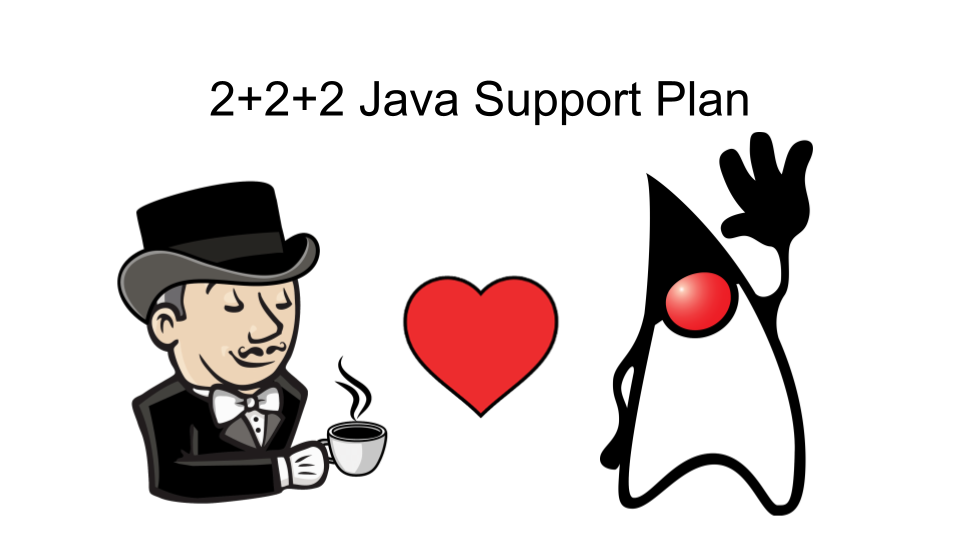
Introducing the 2 + 2 + 2 Java support plan
-
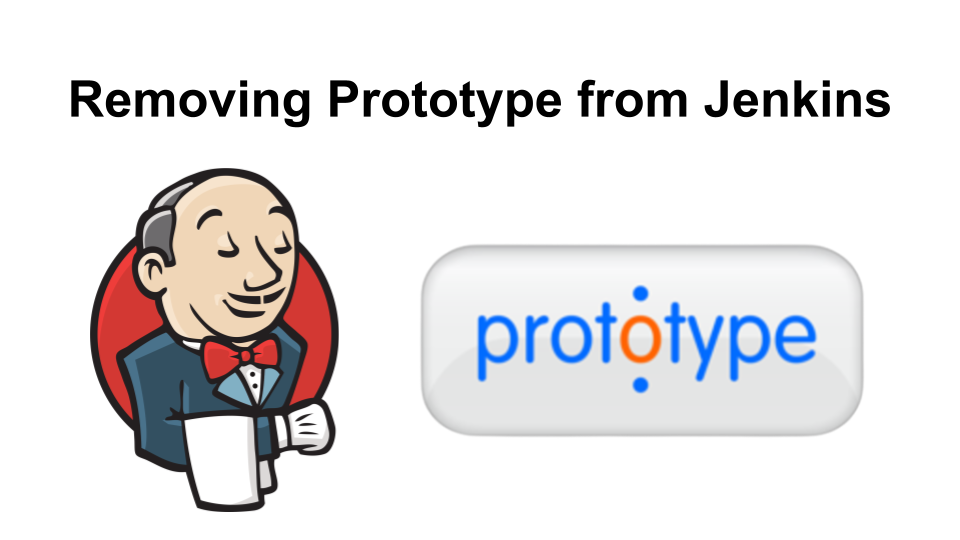
Prototype removed from Jenkins 2.426
-

Removing Prototype from Jenkins
-
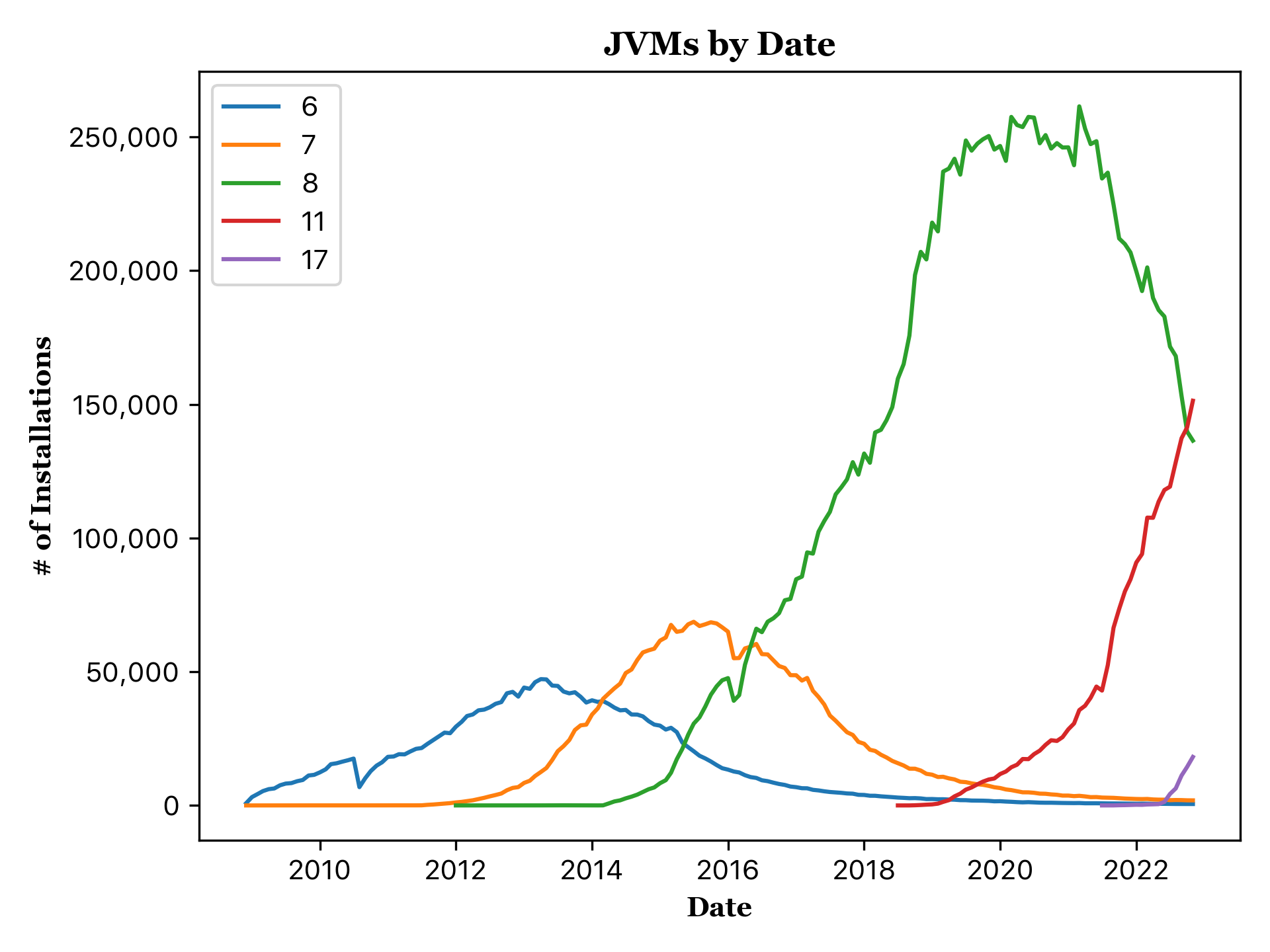
Jenkins plugin development requires Java 11 or newer
-
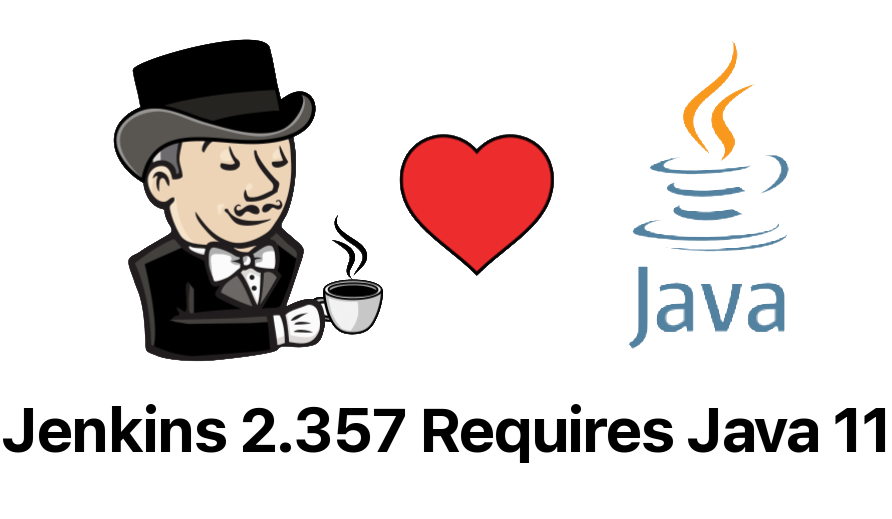
Jenkins requires Java 11 or newer
-

Docker Image: new Exit and Restart Behavior for Controllers
-
Linux installation packages migrated from System V init to systemd
-
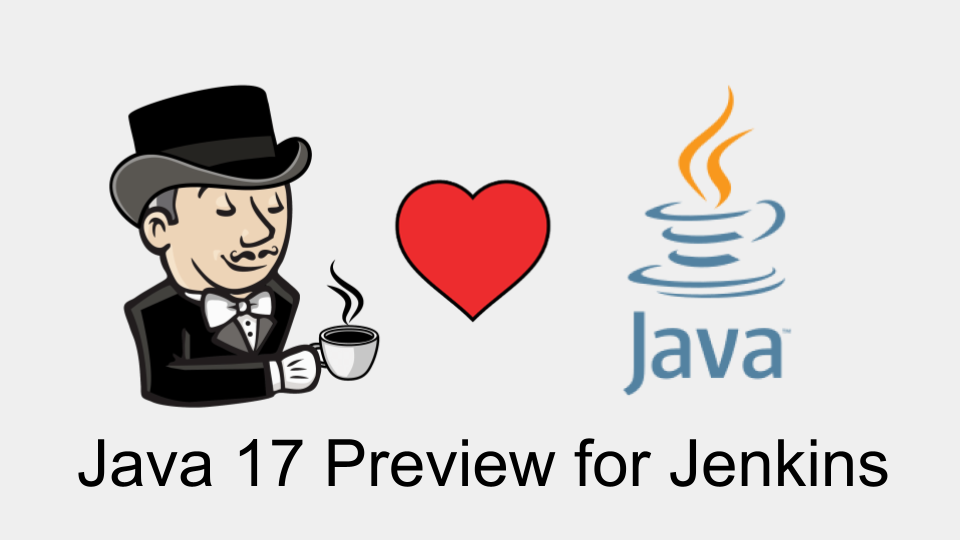
Java 17 Preview is available in Jenkins 2.339+